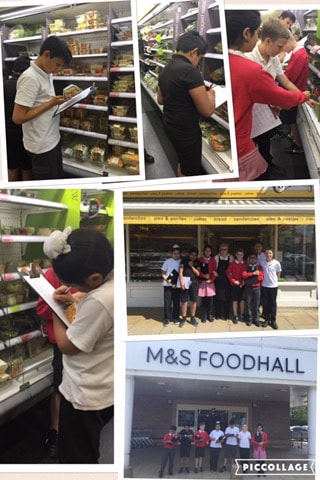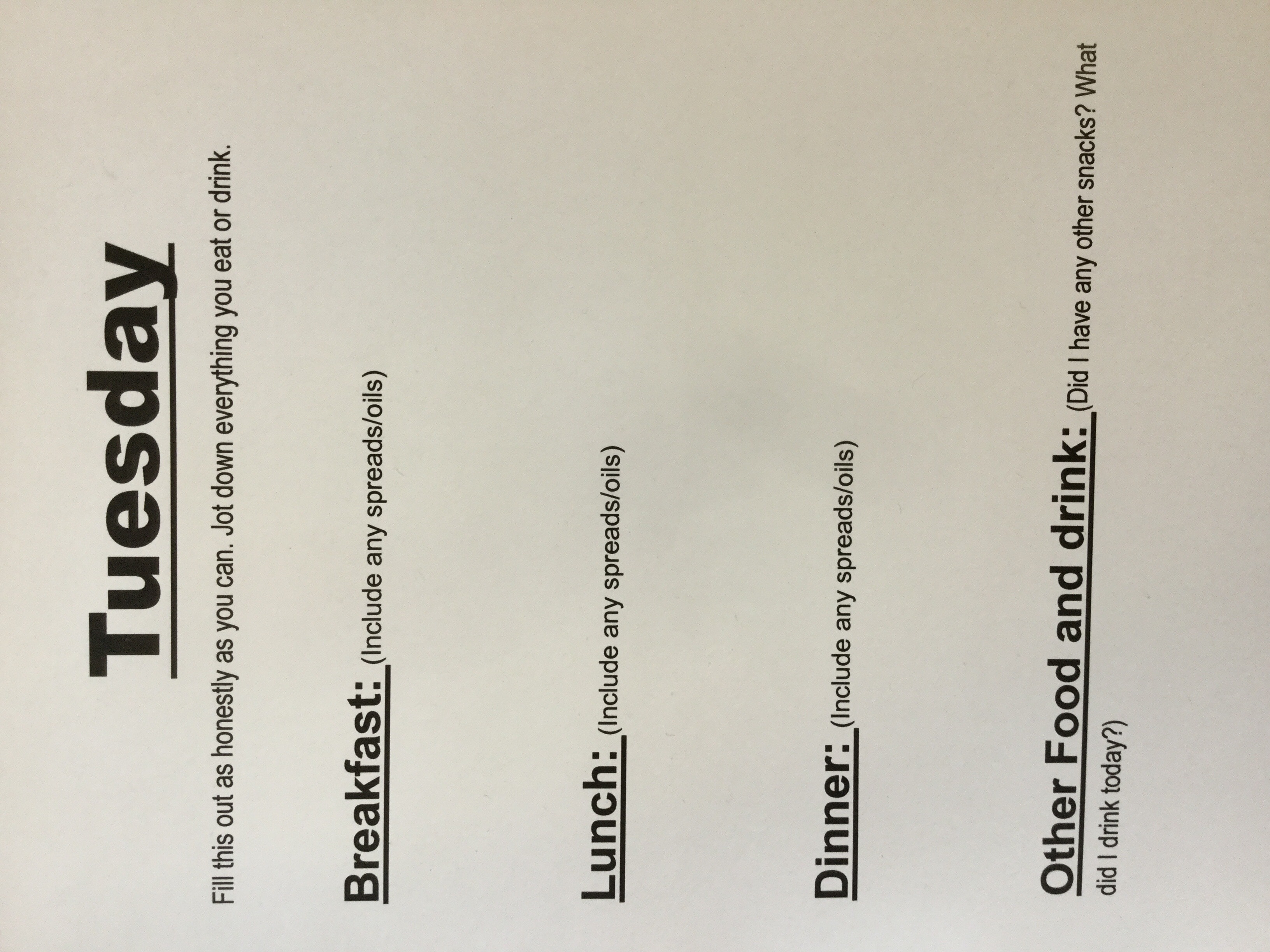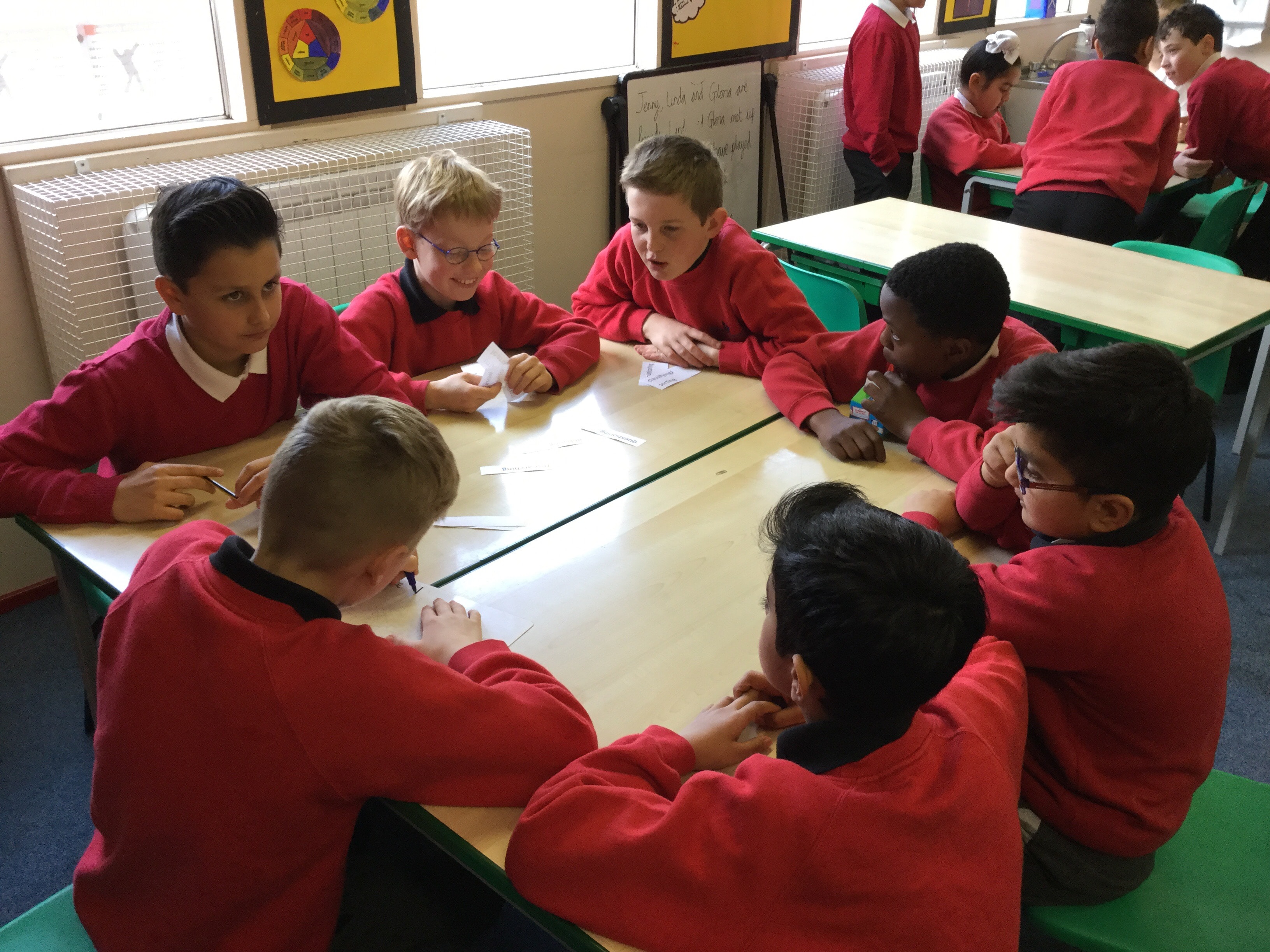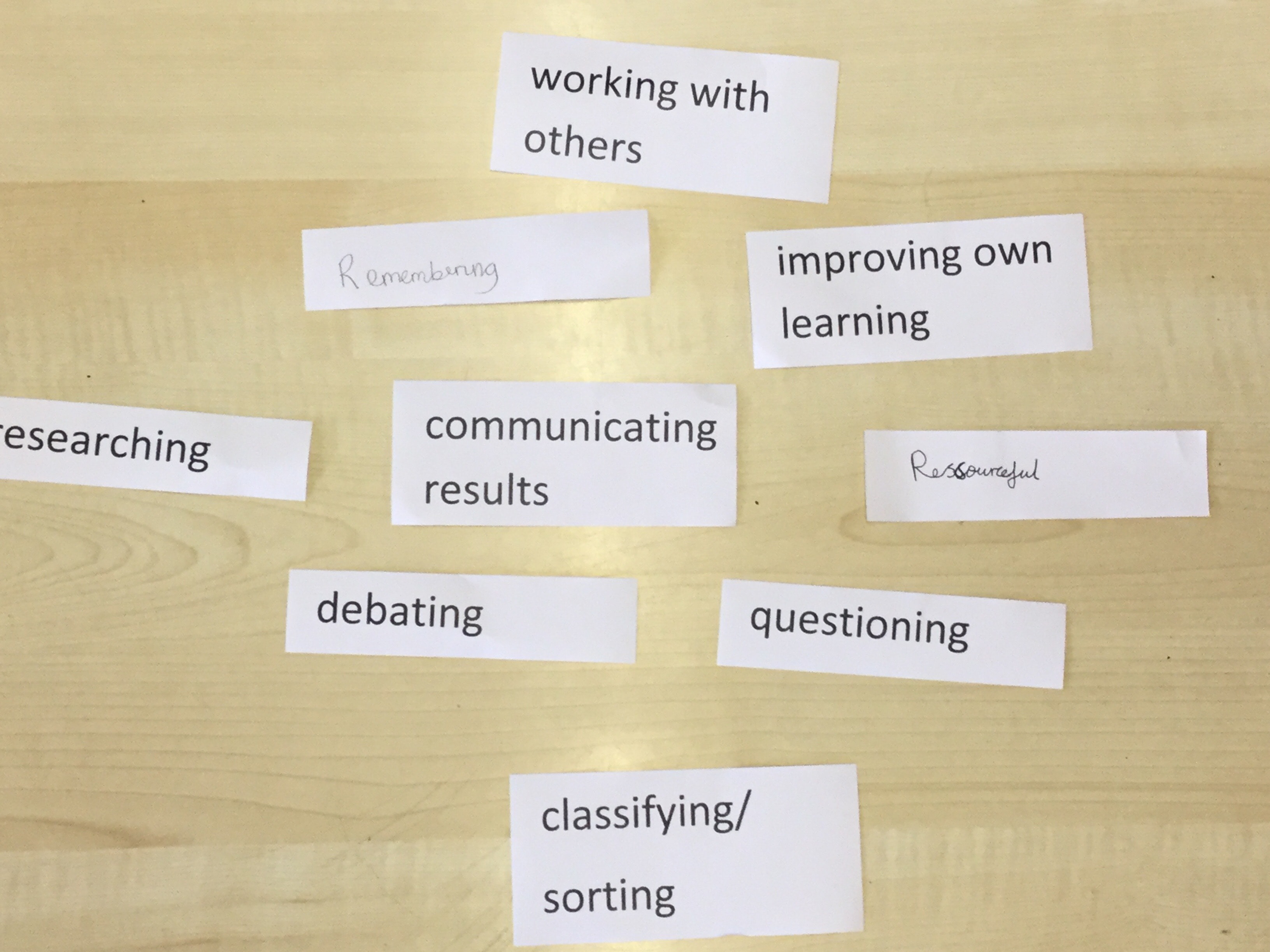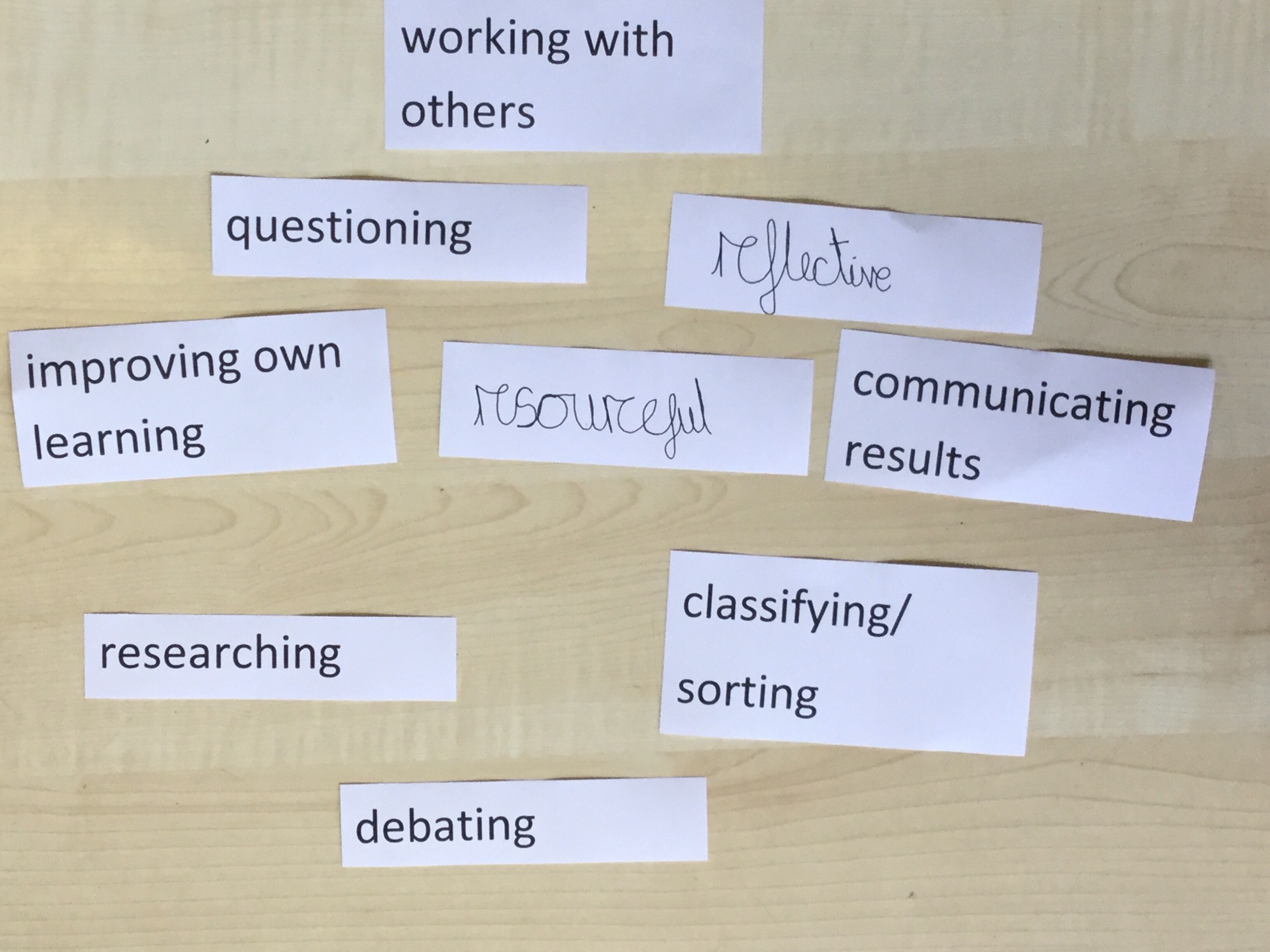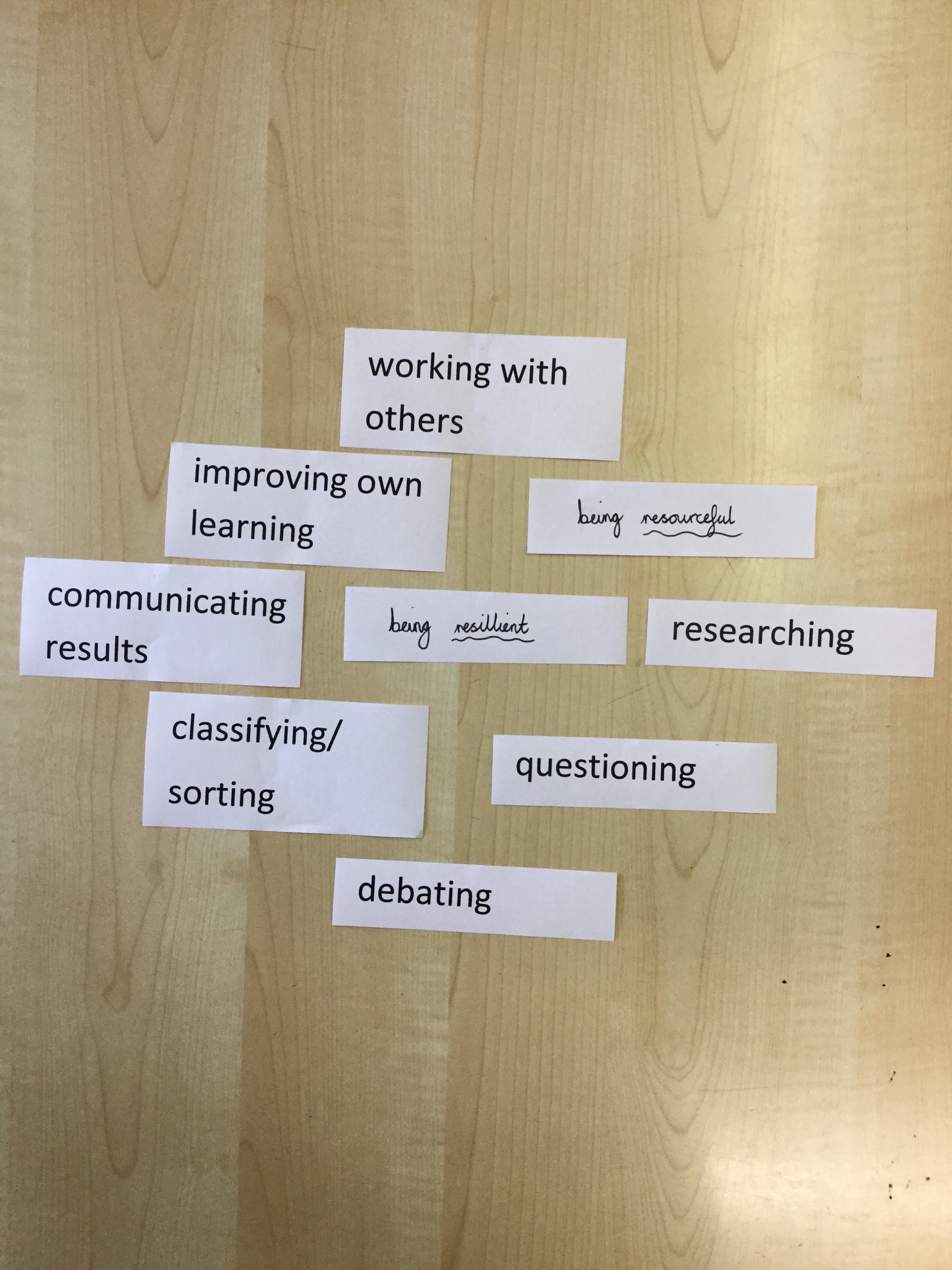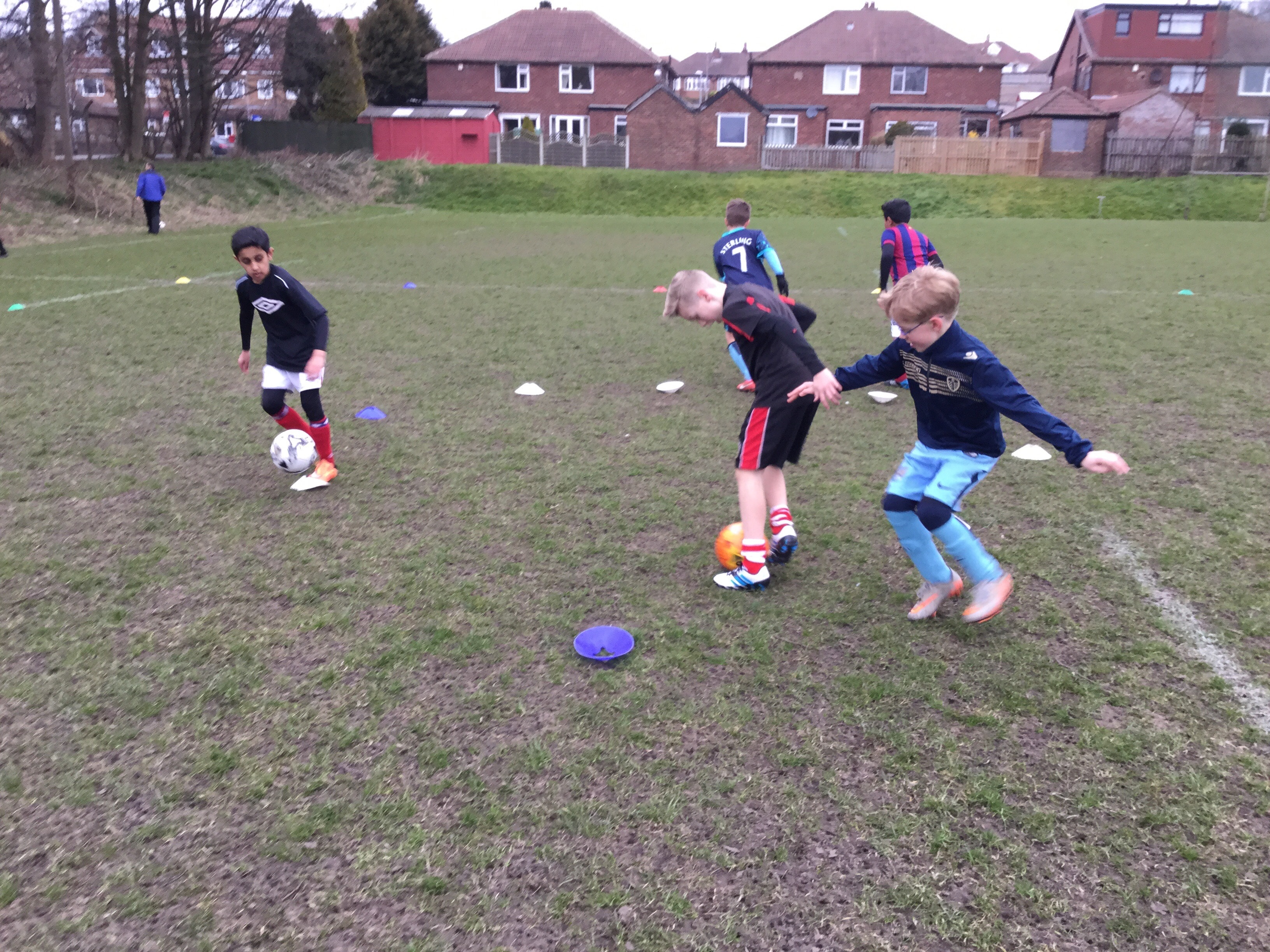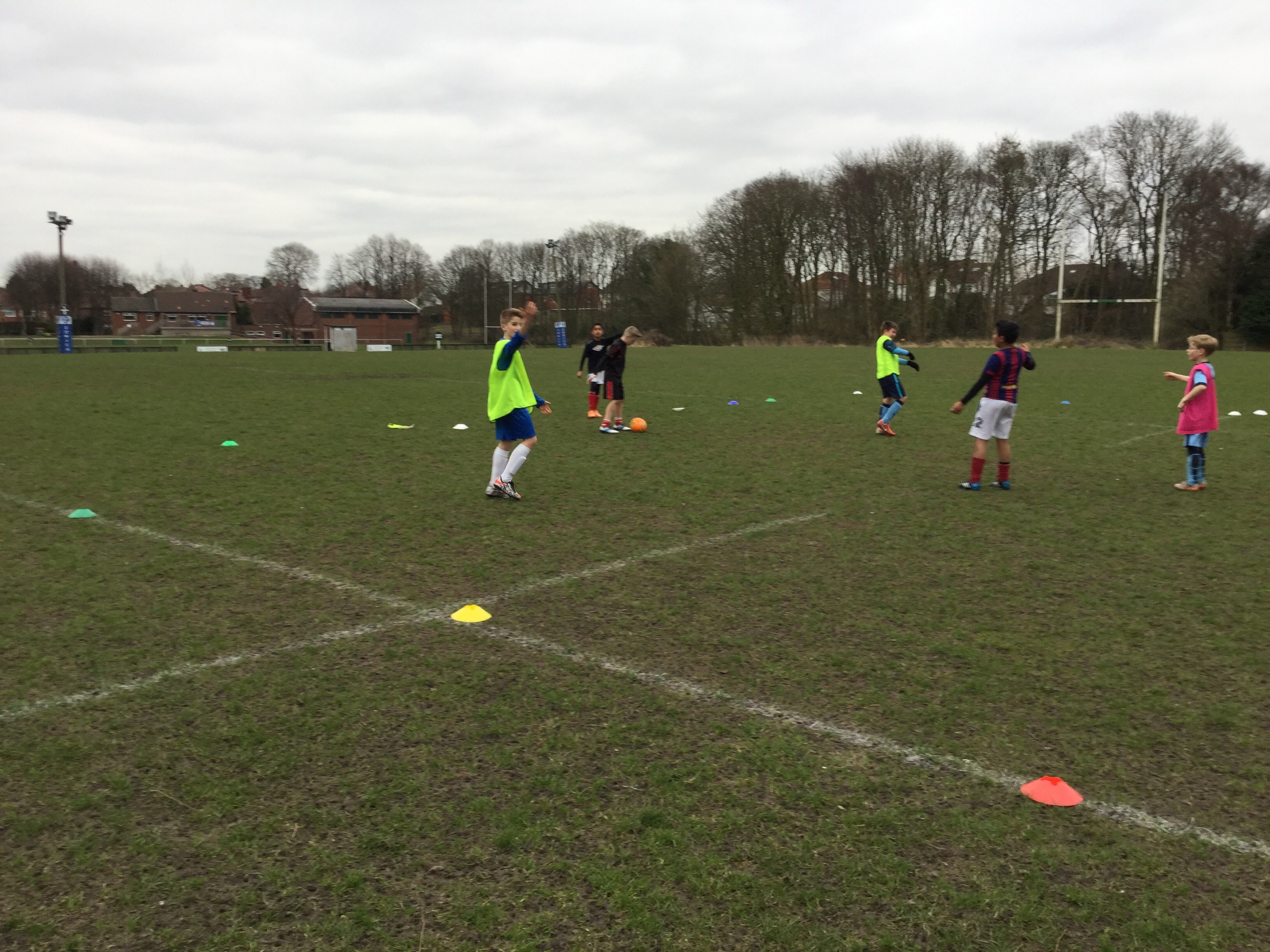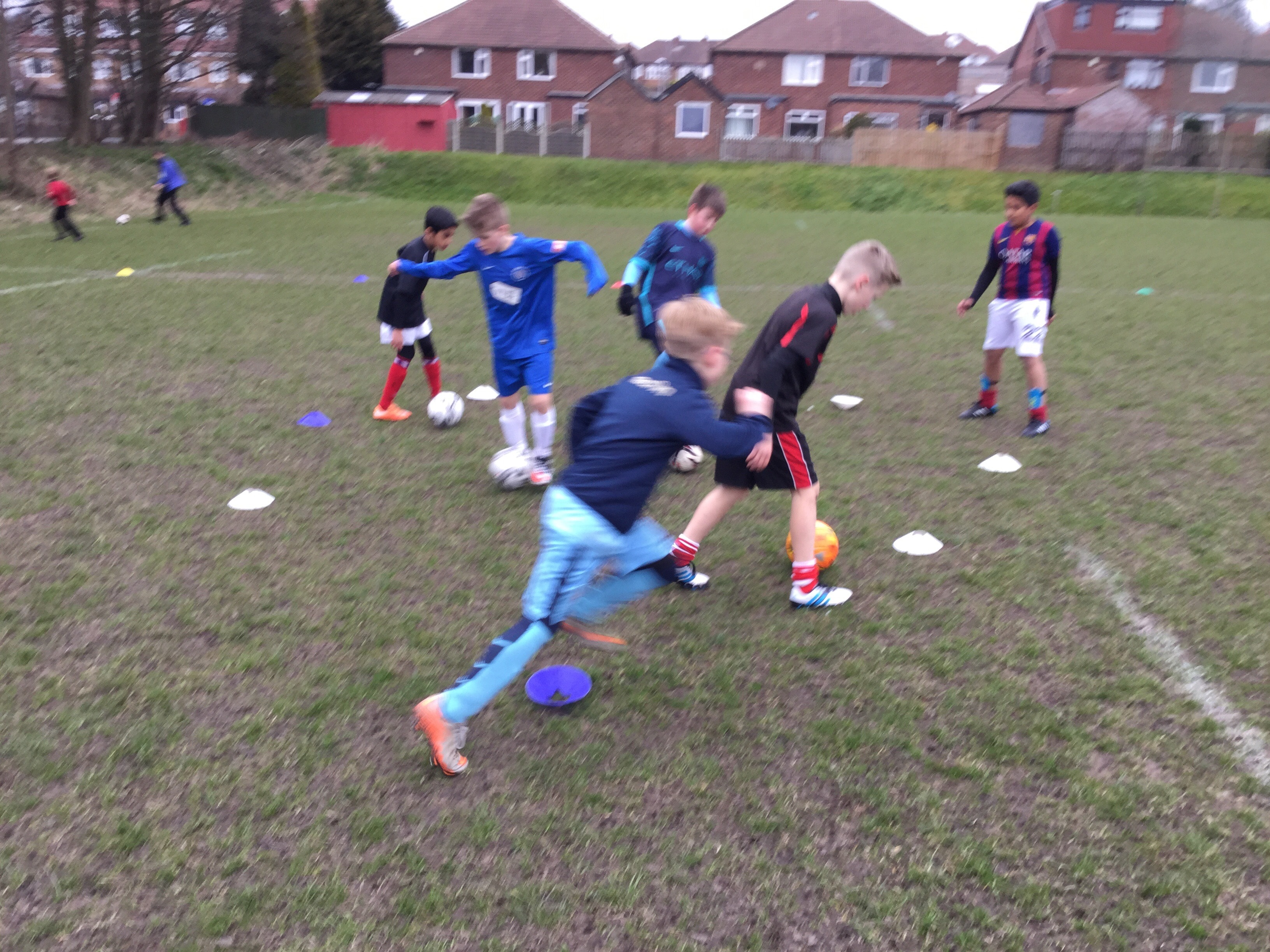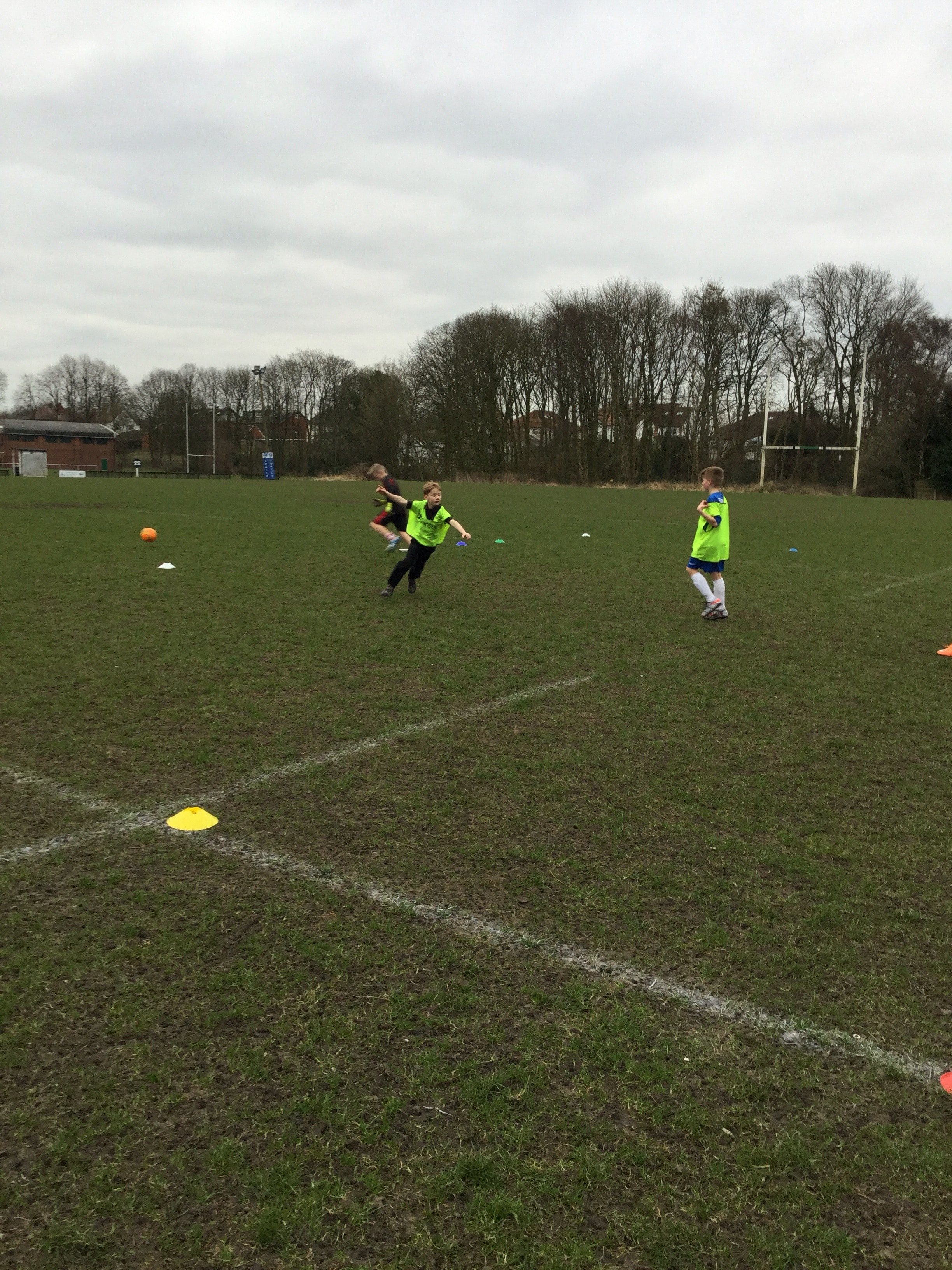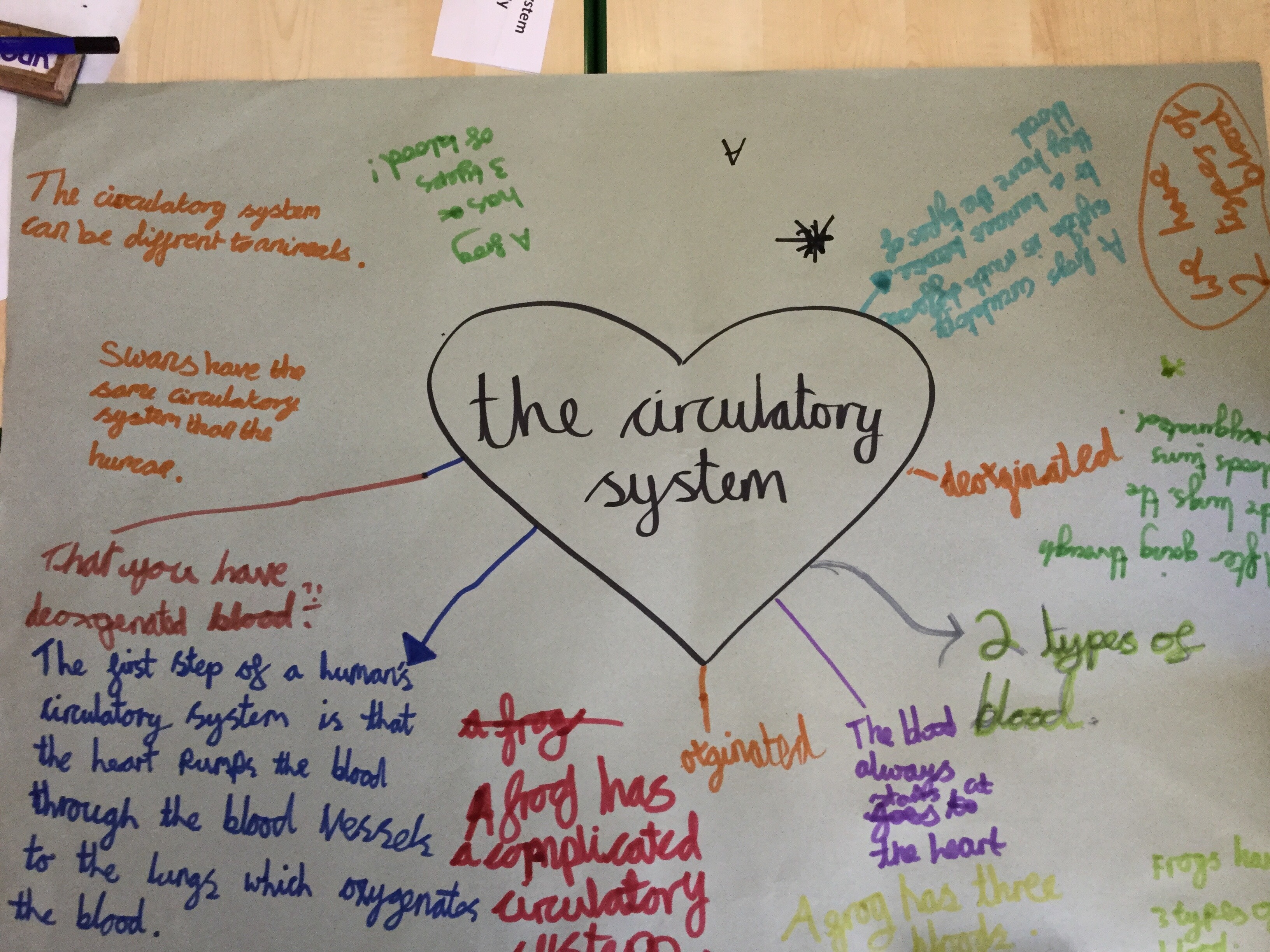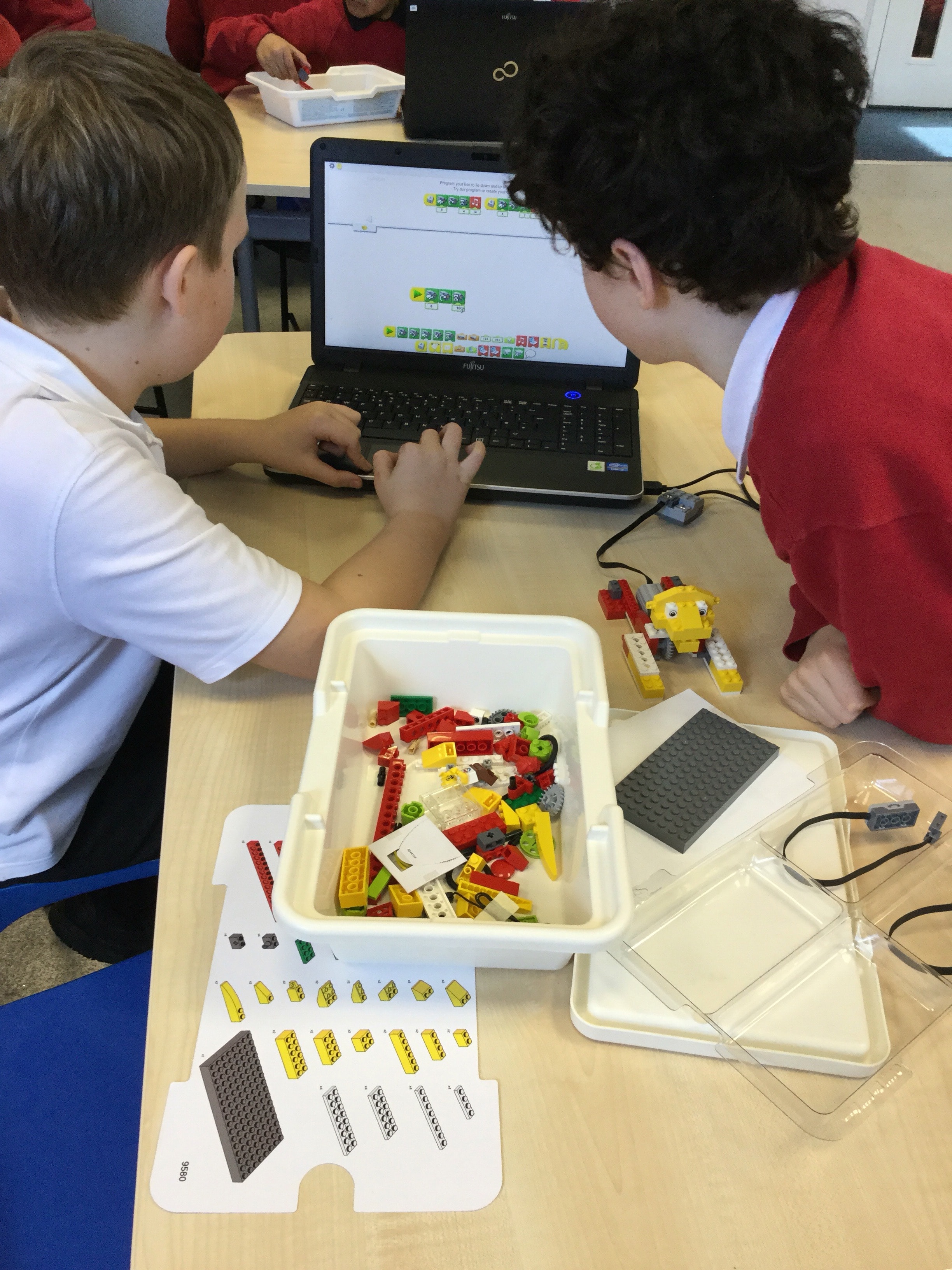This afternoon, we were ‘market researchers’ in preparation for our restaurant day on Friday (ask your child about this exciting learning).
Some of us went to Marks and Spencer’s and Cooplands to see which salads are available. Some of us carried out our market research here in school; either by asking adults or searching the Internet.
We then used our findings to decide on a salad that we will make (and sell – kind of) later in the week.
